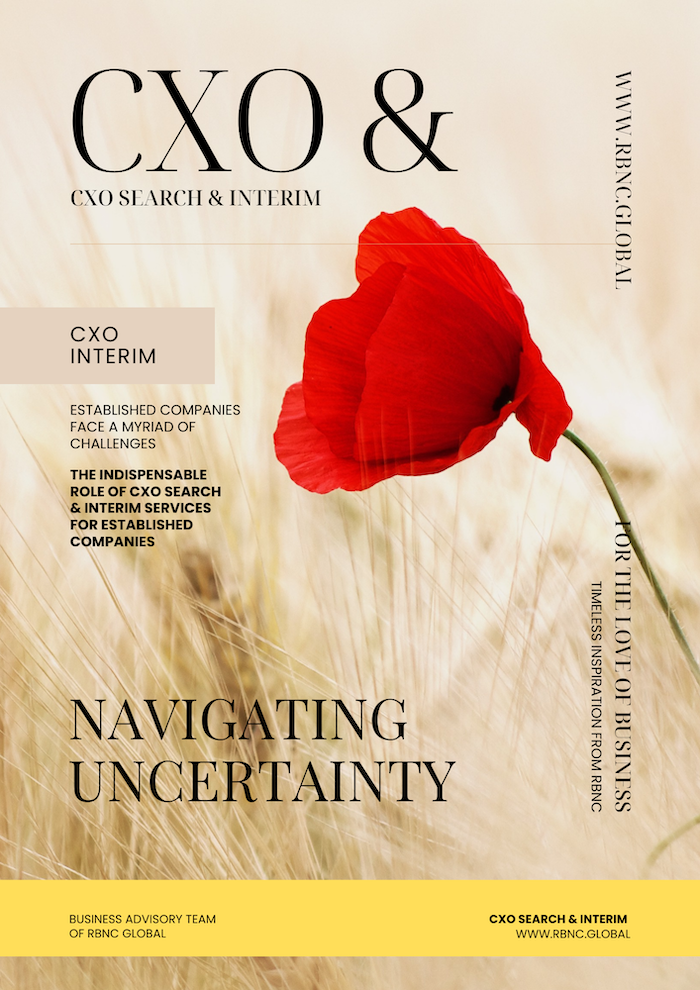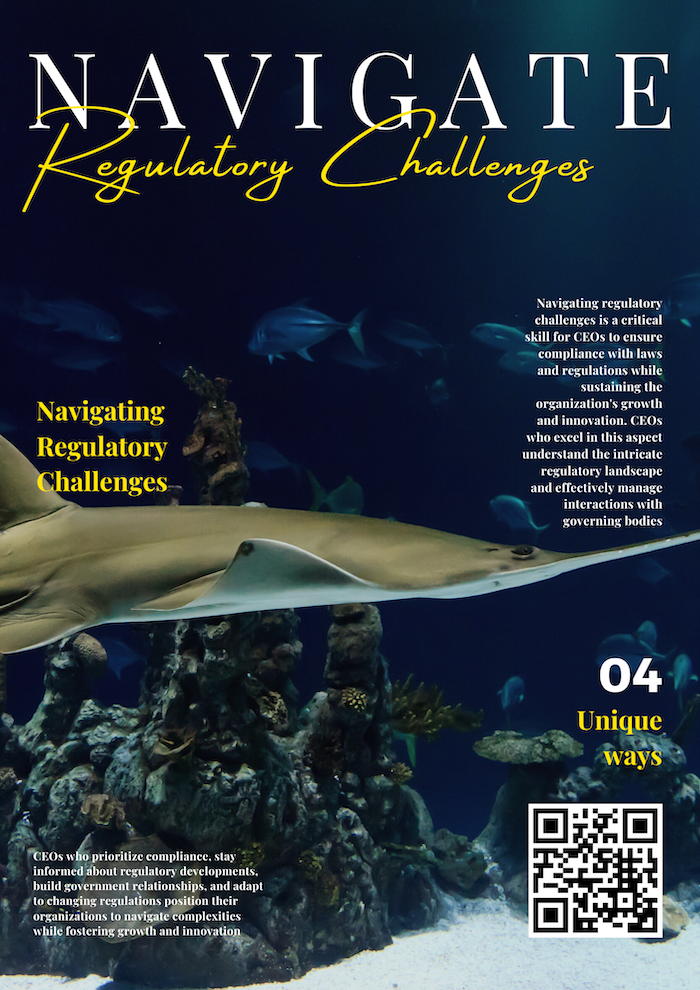GLOCAL Talent Management: Building Teams that Think Global and Act Local
In today’s interconnected world, businesses must operate on a global scale while remaining deeply rooted in local markets. This requires a new kind of workforce—individuals who can think strategically about global opportunities while effectively executing within local contexts. GLOCAL talent management is no longer just an advantage; it is a necessity for organizations seeking sustainable growth and competitive strength. This article explores the key elements of building teams that embody the "think global, act local" philosophy.
KEY POINTS:
- Define and Develop GLOCAL Competencies: Organizations must clearly identify the specific skills and traits needed for "think global, act local" success (e.g., global mindset, cultural intelligence, local market expertise) and then implement targeted recruitment and development programs to cultivate these competencies in their workforce.
- Balance Global Objectives with Local Execution: A key challenge and crucial aspect of glocal talent management is finding the right balance between achieving overarching global business goals and effectively adapting strategies and operations to the unique needs and conditions of individual local markets.
- Foster a Culture of Glocalization: Building a supportive organizational culture is essential. This includes promoting open communication, cross-cultural collaboration, diversity and inclusion, and embedding a global mindset into the company's values and everyday operations.
The GLOCAL Talent Imperative
Traditional talent management approaches, which either emphasize global standardization or local autonomy, are no longer sufficient. Organizations must cultivate professionals who possess a blend of global awareness and local expertise. These individuals can identify emerging trends, understand diverse markets, and tailor strategies to resonate with local customers, partners, and stakeholders. Glocal talent is essential for fostering innovation, expanding into new regions, and building strong cross-cultural relationships.
Key Components of GLOCAL Talent Management
Creating teams that think globally and act locally requires a strategic approach encompassing the following key components:
1. Defining GLOCAL Competencies
To build effective glocal teams, organizations must identify the essential competencies for success, including:
- Global Mindset – A curiosity about international markets, a broad perspective, and the ability to navigate ambiguity.
- Cultural Intelligence (CQ) – The ability to understand, respect, and adapt to different cultural contexts while fostering strong relationships.
- Local Market Expertise – A deep understanding of regional market dynamics, including consumer behaviour, cultural nuances, competition, and regulations.
- Strategic Thinking – The capacity to analyze global trends and convert them into actionable local strategies.
- Cross-Cultural Communication – Effective communication skills that consider cultural norms, active listening, and adaptability.
- Collaboration and Teamwork – The ability to work effectively with diverse teams across different locations.
- Adaptability and Resilience – A readiness to embrace change, navigate uncertainty, and learn from challenges.
2. Attracting GLOCAL Talent
Organizations must develop strategies to attract individuals with these competencies by:
- Targeted Recruitment – Seeking candidates with international exposure, multilingual skills, and a demonstrated global mindset.
- Employer Branding – Positioning the company as a global organization that values local expertise and innovation.
- University Partnerships – Collaborating with academic institutions to identify and nurture future global leaders.
3. Developing GLOCAL Talent
Once acquired, talent must be nurtured through continuous development, including:
- Global Leadership Programs – Training initiatives focused on developing a global mindset, cultural intelligence, and cross-border collaboration.
- International Assignments and Rotations – Offering employees opportunities to work in different regions to enhance their global perspective and local expertise.
- Mentoring and Coaching – Pairing employees with experienced global leaders to provide guidance and insights.
- Language Training – Encouraging language proficiency to facilitate seamless communication across borders.
- Cross-Functional Teams – Engaging employees in diverse teams with members from different countries to strengthen collaboration skills.
4. Managing GLOCAL Talent
Effective management of GLOCAL talent requires tailored approaches:
- Performance Management – Evaluating employees based on their ability to achieve both global and local objectives.
- Career Development – Designing career paths that allow employees to expand their glocal competencies and advance within the organization.
- Compensation and Benefits – Ensuring packages remain competitive and aligned with both global and local market conditions.
- Retention Strategies – Recognizing the value of glocal talent and implementing incentives to retain them in an increasingly competitive labour market.
5. Building a GLOCAL Culture
A strong organizational culture that embraces glocalization is critical for long-term success:
- Open Communication – Encouraging transparency and knowledge sharing across international teams.
- Collaboration and Inclusivity – Fostering teamwork among employees from different cultural backgrounds.
- Diversity and Inclusion – Creating an environment where employees feel valued, respected, and empowered.
- Global Mindset Promotion – Embedding a global outlook into corporate values and everyday operations.
Challenges and Considerations
Implementing a GLOCAL talent management strategy presents several challenges:
- Identifying and Developing GLOCAL Talent – Finding individuals who balance a global mindset with local expertise can be difficult.
- Managing Cultural Differences – Understanding and accommodating diverse work styles, communication preferences, and business practices is essential.
- Balancing Global and Local Priorities – Navigating the tensions between corporate objectives and regional market demands requires agility.
- Cost of Global Talent Initiatives – Investing in leadership programs, international rotations, and cultural training can be resource-intensive.
Conclusion
GLOCAL talent management is no longer an option but a necessity for organizations aiming to thrive in a competitive global environment. By defining essential competencies, attracting and developing the right talent, managing performance effectively, and fostering a culture that supports glocalization, businesses can build high-performing teams that think globally and act locally. These teams will drive innovation, expand market reach, strengthen cross-cultural relationships, and ensure long-term success in the ever-evolving global business landscape. Investing in glocal talent is an investment in the future, positioning organizations to navigate complexities and seize opportunities in the dynamic world of international commerce.









